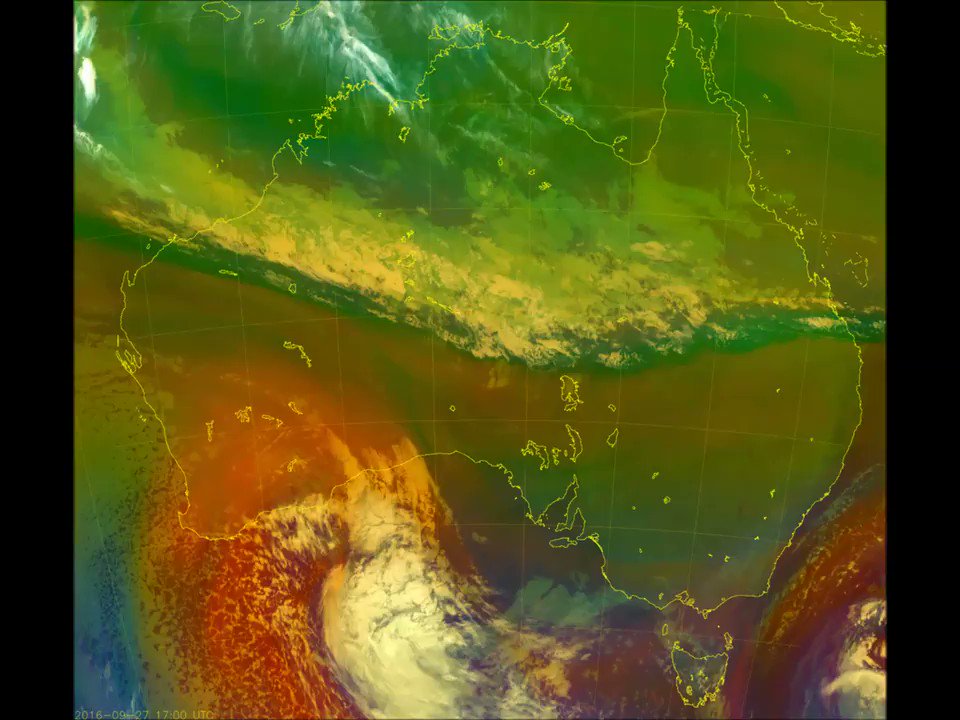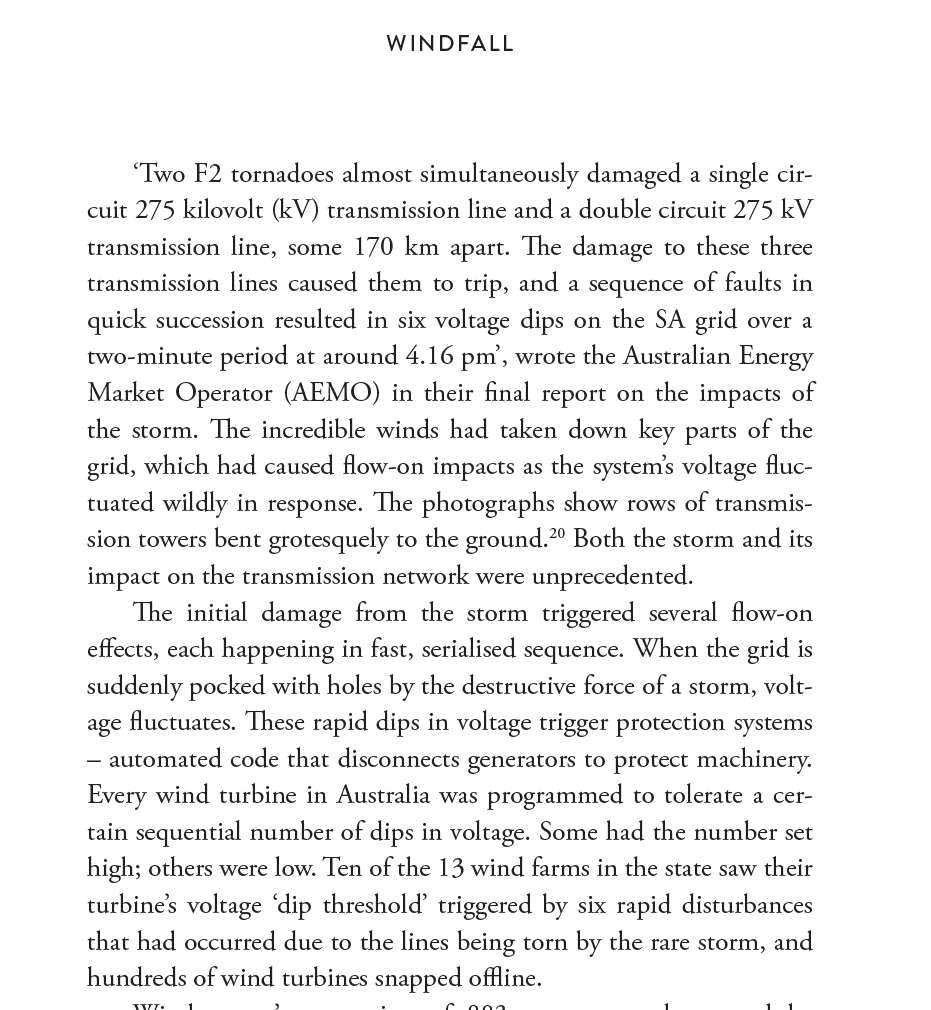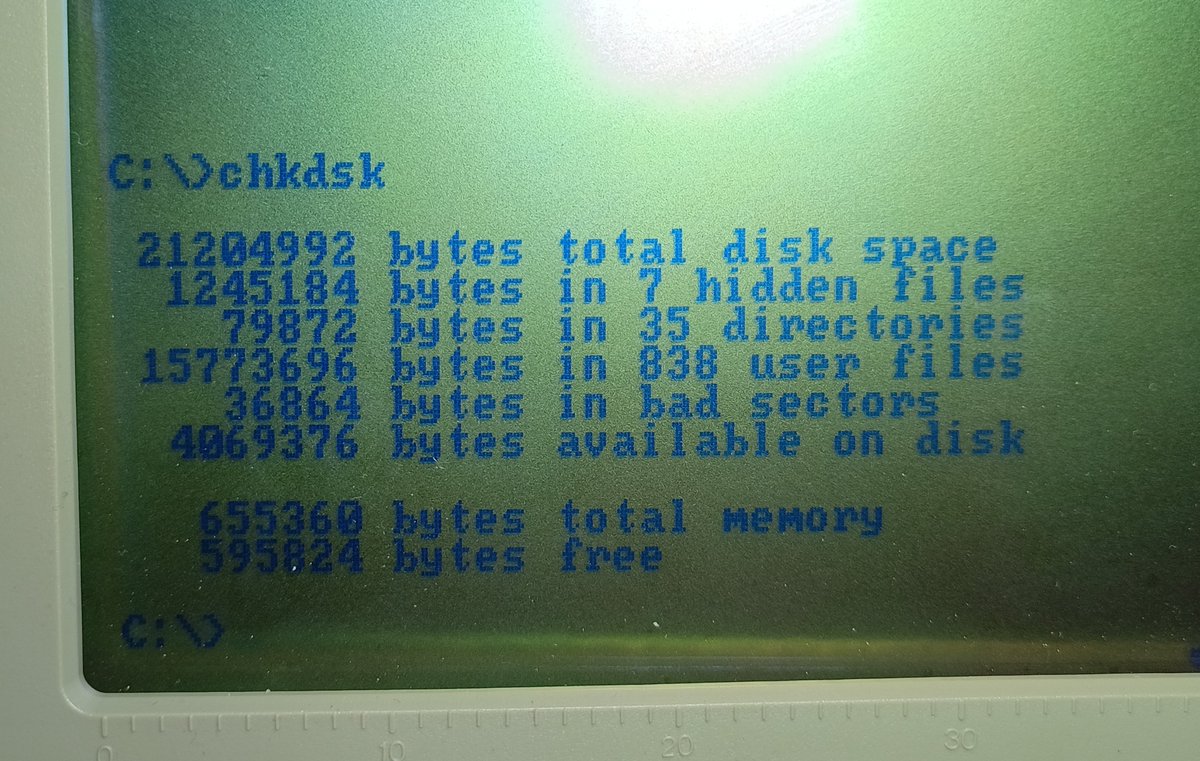We clearly do not judge risks accurately. Let’s try this example. What is more likely to kill you:
This #NewYear we must get serious about climate change. A big obstacle: our brains.
Current risks are vastly different from our ancestors, but our brains are wired the same. Knowing the science behind decision-making helps us better talk about climate threats & spark action. 1/
We clearly do not judge risks accurately. Let’s try this example. What is more likely to kill you:
Brains react in certain ways to risks around us, rapidly scanning environmental cues (e.g. snake’s stance) with subliminal and automated processing.
Bluntly, we overestimate unserious risks like vaccinating children and underestimate seemingly far away risks like rising sea levels.
But we can regain control! This is where climate activists should take note.
Be radical in your commitment to the facts and the reality of risks we face, and then you can challenge your friends/family, maybe even beyond.
More from Climate change
It was a dark and stormy night...
(I’ve always wanted to tweet that) But seriously, there was a tropical storm when a group of people gathered in the woods.
If they were white, we’d call them “founding fathers” but they were slaves who were about to change the world
A thread
Voudou priestess Cecile Fatiman danced with a knife. Then she split a pig and everyone drank the pig’s blood from a wooden bowl while enslaved priest Cutty Boukman prayed:
“The god who created the earth; who created the sun that gives us light. The god who holds up the ocean;
who makes the thunder roar. Our god who has ears to hear. You who are hidden in the clouds, who watch us from where you are. You see all that the white has made us suffer. The white man’s god asks him to commit crimes. But the god within us wants to do good...
It’s He who will direct our arms and bring us the victory. It’s He who will assist us. We all should throw away the image of the white men’s god who is so pitiless. Listen to the voice for liberty that speaks in all our hearts.”
Then , the meeting adjourned & everyone went home.
A week later, on Aug. 21 1791, it began.
In one week, 1800 plantations on the Island of St. Domingue would be burned to the ground and 1,000 white enslavers would be dead.
The shit had finally hit the fan.
(I’ve always wanted to tweet that) But seriously, there was a tropical storm when a group of people gathered in the woods.
If they were white, we’d call them “founding fathers” but they were slaves who were about to change the world
A thread
Holup. I ain't learned about this in school. What was this??
— Drunk Tweets, Inc - Mask it or Casket (@DrunkTweetsInc) January 1, 2021
Voudou priestess Cecile Fatiman danced with a knife. Then she split a pig and everyone drank the pig’s blood from a wooden bowl while enslaved priest Cutty Boukman prayed:
“The god who created the earth; who created the sun that gives us light. The god who holds up the ocean;
who makes the thunder roar. Our god who has ears to hear. You who are hidden in the clouds, who watch us from where you are. You see all that the white has made us suffer. The white man’s god asks him to commit crimes. But the god within us wants to do good...
It’s He who will direct our arms and bring us the victory. It’s He who will assist us. We all should throw away the image of the white men’s god who is so pitiless. Listen to the voice for liberty that speaks in all our hearts.”
Then , the meeting adjourned & everyone went home.
A week later, on Aug. 21 1791, it began.
In one week, 1800 plantations on the Island of St. Domingue would be burned to the ground and 1,000 white enslavers would be dead.
The shit had finally hit the fan.
I don't have time to make this detailed, but here's a little thread about the world's first major politically-charged blackout that was blamed on renewables, in South Australia, in 2016............
On September 28, 2016, an unprecedented tropical storm progressed rapidly across South Australia. Truly - this thing was unusual. The sky folded in on itself. It tore towns to bits.

Australia's @climatecouncil pointed out that the storm was so unusual at least partly due to the influence of climate change, and that this is due to get worse.
https://t.co/76ekkfJpR8

I'm going to use brief snippets from my book to fill this out! The storm's primary impact on the grid was the destruction of several major transmission lines. When I say destruction - I mean they snapped like twigs.

Here's what happened in the following seconds:
- A voltage spike from the line falls
- Wind turbines automatically shut off due to software settings that trigger shutdown during a spike
- The interconnector to Vic tried to compensate, failed and died
- All of SA blacked out

On September 28, 2016, an unprecedented tropical storm progressed rapidly across South Australia. Truly - this thing was unusual. The sky folded in on itself. It tore towns to bits.

Australia's @climatecouncil pointed out that the storm was so unusual at least partly due to the influence of climate change, and that this is due to get worse.
https://t.co/76ekkfJpR8

I'm going to use brief snippets from my book to fill this out! The storm's primary impact on the grid was the destruction of several major transmission lines. When I say destruction - I mean they snapped like twigs.

Here's what happened in the following seconds:
- A voltage spike from the line falls
- Wind turbines automatically shut off due to software settings that trigger shutdown during a spike
- The interconnector to Vic tried to compensate, failed and died
- All of SA blacked out
























